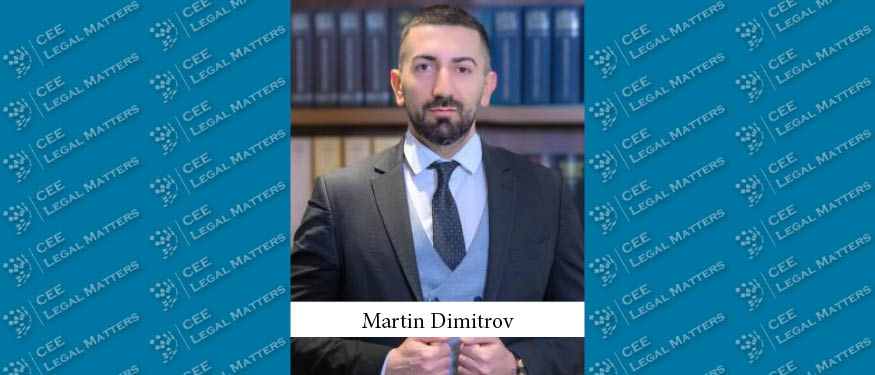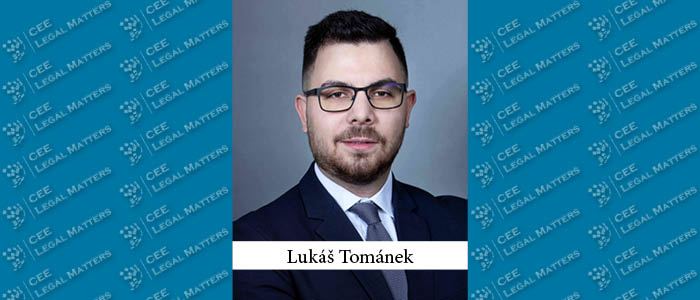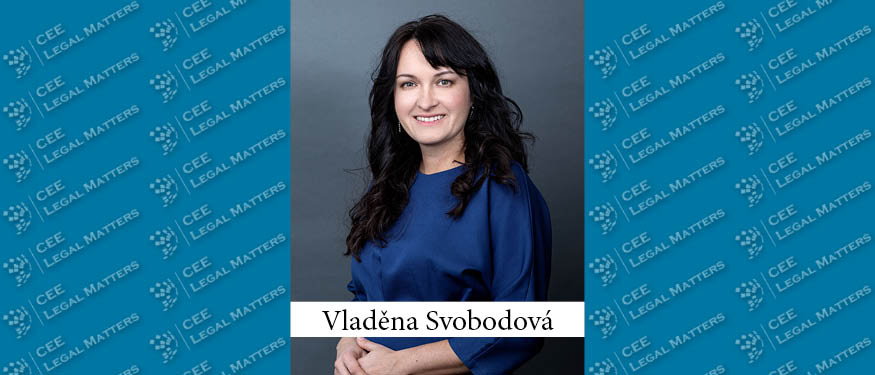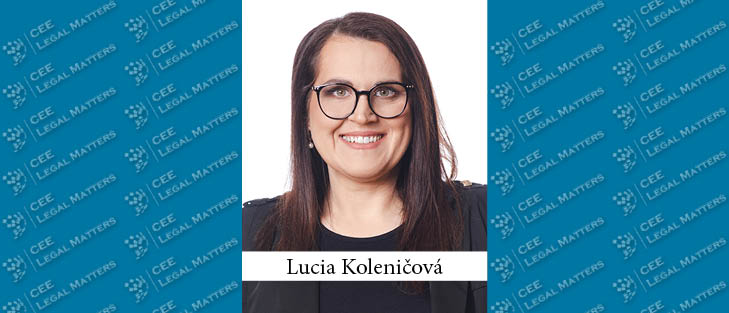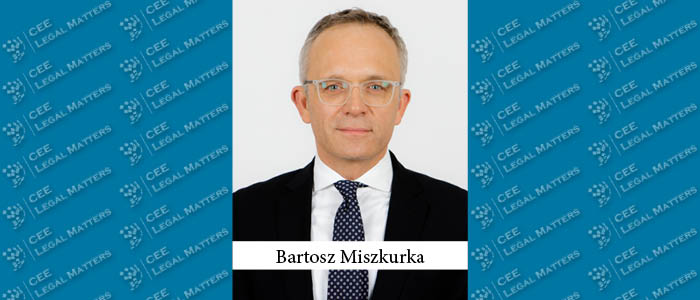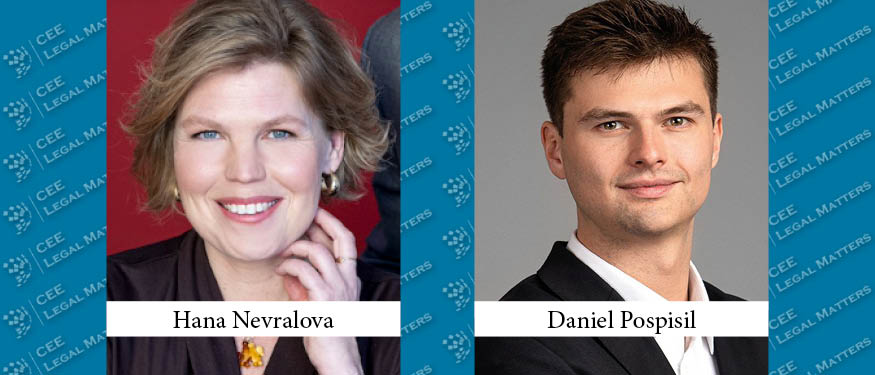The adoption of The Personal Bankruptcy Act ( the“Act“), published in the State Gazette, issue 54 of July 4, 2025, marks a significant milestone in the development of Bulgarian law. This legislative act fills a long-standing gap in the national legal framework, as Bulgaria was until recently the only European Union member state without comprehensive personal insolvency legislation. This lack has led to serious social and economic difficulties for citizens burdened with unmanageable debts, who often find themselves in a permanent state of inability to repay them.
Amendment to the Consumer Credit Act
EU Member States are required to transpose the European Consumer Credit Directive (CCD 2), effective since October 2023, into national legislation by November 2025, with the new regulations expected to come into force on 20 November 2026. The CCD 2 aims to harmonise the fragmented regulations across Member States, eliminate legal uncertainty surrounding new credit products and strengthen consumer protection.
The End of Crypto-Asset Anonymity in the Czech Republic?
On 7 May 2025, the Czech government approved a draft amendment to Act No. 164/2013 Coll., on International Cooperation in Tax Administration and on Amendments to Related Acts, introducing two key innovations regarding crypto-assets and the taxation of large multinational groups.
Amendments to the Bulgarian Foreigners Act: Introducing a Legal Framework for Digital Nomads
On 18 June 2025, the Bulgarian National Assembly adopted a Law Amending and Supplementing the Foreigners in the Republic of Bulgaria Act, promulgated in State Gazette No. 52 of 27 June 2025 (the "Law"). These amendments introduce significant changes to the regulatory framework governing the entry and residence of foreign nationals in the country, aiming to establish clearer rules and new residence opportunities for various categories of foreigners.
Crypto: Time Running Out To Apply for MiCA Licence!
By 31 July 2025, all entities that were authorised to provide crypto-asset-related services (so-called VASPs) before 30 December 2024 must apply for authorisation as a Crypto-Asset Service Provider (CASP) under the MiCA Regulation.
Is a Change to the Well-Known GDPR Regulation in the Works?
In the coming weeks, the European Commission is expected to discuss amendments to the General Data Protection Regulation (GDPR).
Price Ranges as a Cartel Agreement? Association Fined.
The Czech Office for the Protection of Competition fined the Association of Disinfection, Disinsection and Pest Control Workers of the Czech Republic for publishing, since 2016, so-called median prices for the provision of disinfection, disinsection and pest control services on its website.
New Design Rules in the EU: Greater Protection, But Also Clearer Limits
May 1, 2025, brought significant changes to design protection in the EU. Here are three key updates no designer should overlook:
First Foreign Investment Ban in the Czech Republic
On 1 May 2025, it was four years since the Czech Act on the Screening of Foreign Investments came into force.
Overview of Recent Efforts to Reform Spatial Planning and Construction Regulation in Slovakia
Over the past several years, Slovakia has witnessed numerous legislative initiatives aimed at reforming the frameworks for spatial planning and construction permitting. These initiatives were designed to modernize outdated procedures, enhance legal certainty, and accelerate construction development.
BTA Solivan Advises Catalyst Capital on Sale of Shopping Centers in Poland
BTA Solivan has advised Catalyst Capital on the sale of two shopping centers in Poland – Pasaz Swietokrzyski and Galeria Swidnicka – to EKO GP and GP1. Grzesiak & Partners reportedly advised the buyers.
Pontes Budapest Advises Emeren Group on Project Financing for Solar Portfolio
Pontes Budapest has advised Emeren Group on project financing in Hungary for its 52.4 megawatt-peak solar portfolio, secured in collaboration with Raiffeisen Bank Hungary.
Takeover Bid Obligation When Transferring Shares to a Trust: Czech National Bank Provides Clarification
Are you unsure whether a takeover bid is required when a controlling interest in a company is transferred to a trust? The Czech National Bank (CNB) has issued a clarifying statement on this issue.
Reverse Transfer of a Business Share in a Slovak Limited Liability Company
The transfer of a business share is a routine process in corporate transactions. A share purchase agreement (SPA) must be in writing with notarized signatures. The transfer becomes effective upon the company's receipt of the SPA unless a later date is specified. However, if required by law or the memorandum of association (MoA), it cannot take effect before the general meeting grants approval. Each transfer must also be registered in the Slovak Commercial Register (“Commercial Register”). In practice, complications may arise when one party withdraws from an SPA.
Licencing of Crypto-Asset Providers in Czechia
The Czech Republic has recently implemented new regulations for crypto-asset service providers, marking a significant step in aligning its legal framework with European Union standards. The Act on Digitalisation of the Financial Market (ZDFT), effective as of 15 February 2025, introduces comprehensive rules for the rapidly evolving digital finance sector. This article delves into the main features of the new law, its practical implications, and the specifics of the Czech regulation in the area of digital finance and crypto-assets.
Know Your Lawyer: Bartosz Miszkurka of Solivan
An in-depth look at Bartosz Miszkurka of Solivan covering his career path, education, and top projects as a lawyer as well as a few insights about him as a manager at work and as a person outside the office.
SCC: In Case of Reduced Working Hours, Remuneration Due Depends on the Actual Duration of Working Time
Our team achieved significant success defending a client before the Supreme Court of Cassation (SCC) in an employment dispute related to the amount of remuneration in the event of reduced working hours established by the employer in the event of a declared state of emergency or emergency epidemic situation (Article 138a, para. 2 of the Labour Code).
New Partners at JSK
Former Metrostav in-house Counsel Hana Nevralova has joined JSK as a Partner. At the same time, the firm elevated former Managing Associate Daniel Pospisil to its partnership ranks as well.

